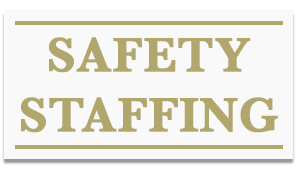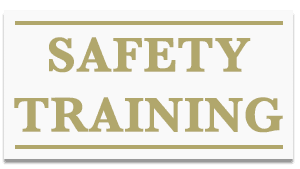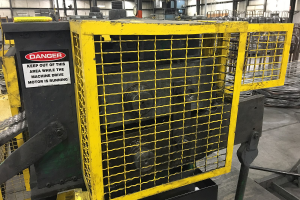Are Your Safety Policies Asking for Trouble?

FDRsafety supports and promotes employers developing strong safety policies, training their employees and enforcing those policies. However, some policies are so strict that they create potential legal issues.
Recent cases (both OSHA and personal injury) suggest that industry’s quest to mandate employee performance may ignore the real world where workers encounter variables, and strict interpretation of the policy would literally prevent the work from being done.
It’s OK to be prescriptive with a distance rule or following a particular procedure but policy should also consider when situations occur that force workers to make an adjustment to the written policy. Things like “always keep a load strapped and secured” makes sense until the worker(s) must unstrap the load to move it. In such cases, management must rely on the training and workers using judgment to come up with a safe method for accomplishing the task.
It is our experience that policy makers may not appreciate the complexity of the real world and all the variables confronting a worker. Such situations could include:
- Moving materials when more than one worker is involved
- Transporting, loading or unloading materials with powered vehicles and another worker(s) is in the proximity of the load
- Enforcing machine lockout when lockout is not feasible
- Using words like “Always…” in the policy
- “Never remove a guard unless the machine is locked out”
Let’s explore #5. What if an authorized worker must remove a guard, and power is required for troubleshooting? The worker maybe in a safe position and properly using tools / safe methods to do problem solving before performing service and maintenance. Even though the worker may be safe, he / she is in violation of the strict language in our 5th example.
In such cases, the worker is faced with two decisions:
- Practice “malicious compliance” by following the procedure but knowing that doing so will not allow the task to be done. In such cases, the machine will not go back into production until someone does #2.
- Perform the work and hope to not get caught
If something goes wrong and a worker is injured, OSHA or a plaintiff may use the company’s strict language against them. 95% of tasks can be performed with adherence to the strict language of policy. (my estimate based on 50+ years in industry). Policy and training needs to also deal with the 5% where serious injury could occur because safeguarding and procedures did not address the variable.
The good news is that Task Based Risk Assessment offers a viable methodology for deciding what to do. Contact me if you have question.
Mike Taubitz spent many years in top positions at General Motors, including stints as Global Safety Director and Global Regulatory Liaison. He has a strong interest in lean manufacturing and its relationship to safety and in sustainability, and is recognized internationally for his expertise in machine guarding. He assists clients in creating efficient and effective safety programs, especially in manufacturing environments.
For a FREE consultation, please contact us.



